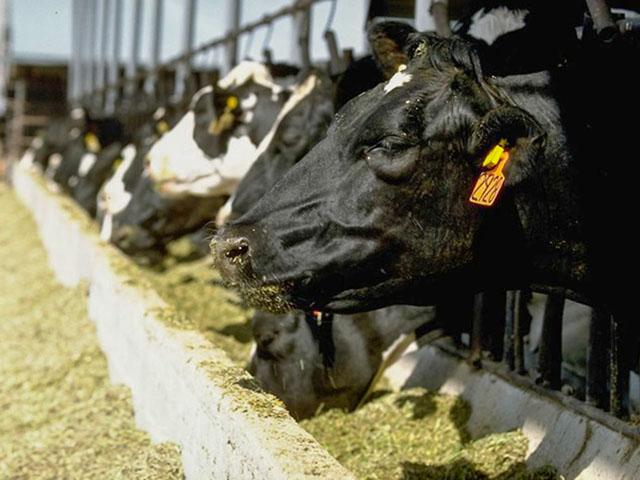CAFOs May Face Tougher Water Standards
EPA Has Until August to Answer 2017 Petition on CAFOs, According to Settlement
LINCOLN, Neb. (DTN) -- Concentrated animal feeding operations, or CAFOs, may have to adopt tighter water pollution standards as part of an EPA legal settlement with environmental groups.
The agency has committed to answering a 2017 petition by Aug. 15, 2023, that called for the EPA to overhaul water pollution regulations for CAFOs.
EPA was sued by Food and Water Watch and 10 other environmental groups in 2022 because the agency had not answered the 2017 petition.
In January 2023, the agency announced a plan to conduct a study of CAFO water pollution to determine ways of strengthening the Clean Water Act in its effluent limitation guidelines, in response to a 2021 lawsuit.
According to the settlement filed in the U.S. Court of Appeals for the Ninth Circuit on Monday, the 2022 lawsuit has been stayed since Oct. 5, 2022, and will be stayed until Aug. 22, 2023. If EPA responds to the petition by Aug. 15, the environmental groups agree to drop the lawsuit by Aug. 29.
In many instances, when EPA is forced to answer petitions, it often denies them.
P[L1] D[0x0] M[300x250] OOP[F] ADUNIT[] T[]
The environmental groups made several recommendations to EPA in the 2017 petition regarding CAFO pollution regulations.
The groups said the agency should revise the agricultural stormwater exemption to the Clean Water Act, which the groups said has allowed CAFOs to evade permitting requirements.
The environmental groups wanted EPA to establish a presumption that certain CAFOs pollute and require permits, to improve discharge monitoring, to prohibit practices known to harm water quality and to strengthen national pollution standards known as effluent limitation guidelines.
"For decades, EPA has turned a blind eye to factory farm pollution," Food and Water Watch staff attorney Emily Miller said in a statement.
"This regulatory negligence has failed to protect sensitive waterways and public health. Answering our petition, which sets out a roadmap for EPA to fix this broken system and do its job, is the first step towards putting meaningful protections in place."
Although the Clean Water Act has been in effect for more than 50 years, EPA estimates that about 30% of the largest animal feeding operations are regulated.
A similar petition was filed with EPA back in October 2022.
Groups including the Waterkeeper Alliance, Sierra Club, American Rivers, Environmental Working Group, Friends of the Earth and others, asked the agency to presume large CAFOs that use wet-manure management systems "actually discharge water pollution" and would be required to apply for permits.
A 2008 Clean Water Act CAFO regulation required such facilities that discharge or propose to discharge pollutants into waters of the U.S. to obtain National Pollution Discharge Elimination System (NPDES) permits.
At the time, the agency set a penalty for failure to apply for permits. EPA gave CAFO operators the ability to show facilities were designed and operated in a way not to discharge and wouldn't require permits.
In March 2011, however, the U.S. Court of Appeals for the Fifth Circuit ruled the CWA does not require CAFOs to apply for permits.
Read more on DTN: "Enviros Petition EPA on CAFO Regulation," https://www.dtnpf.com/….
Todd Neeley can be reached at todd.neeley@dtn.com
Follow him on Twitter @DTNeeley
(c) Copyright 2023 DTN, LLC. All rights reserved.




